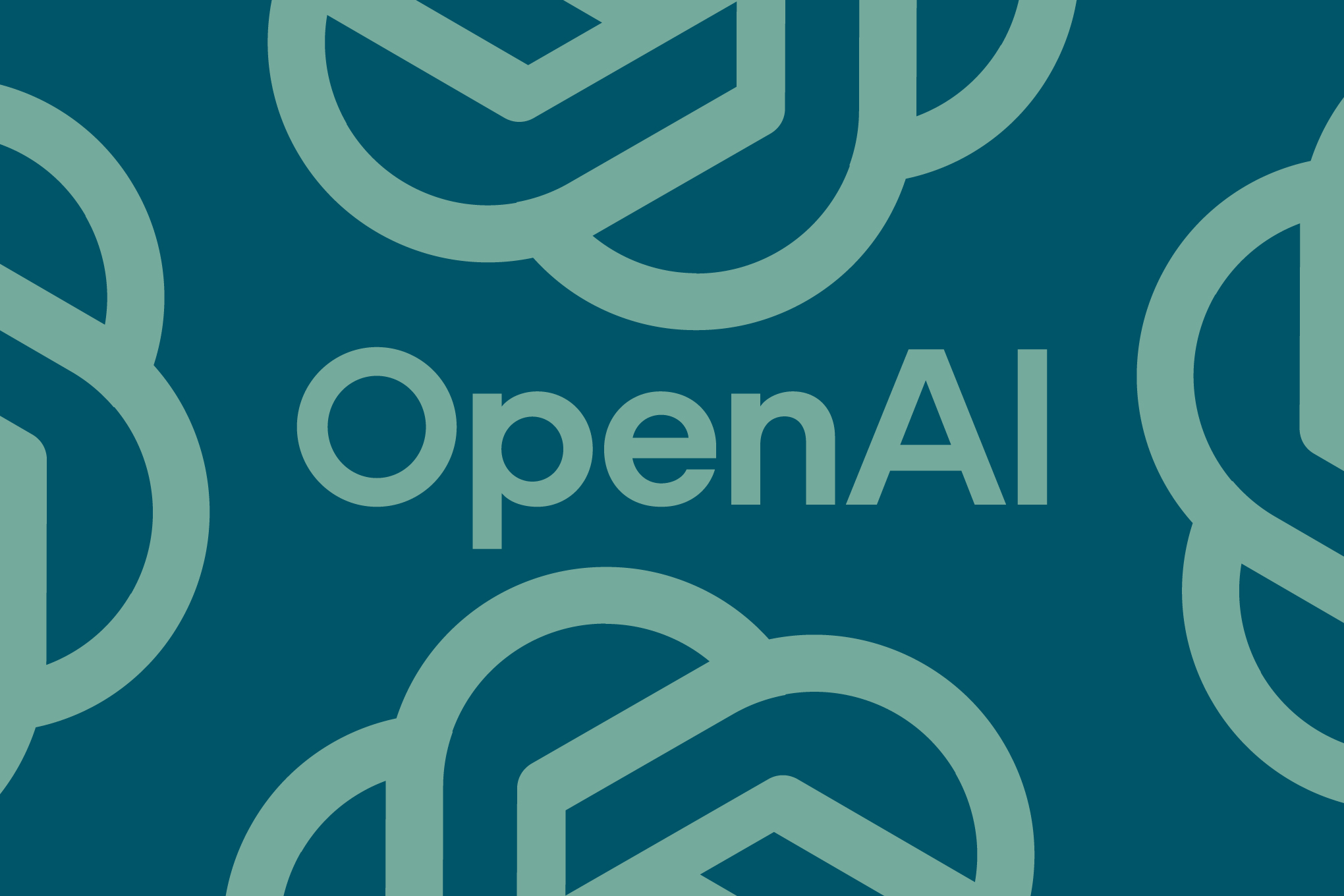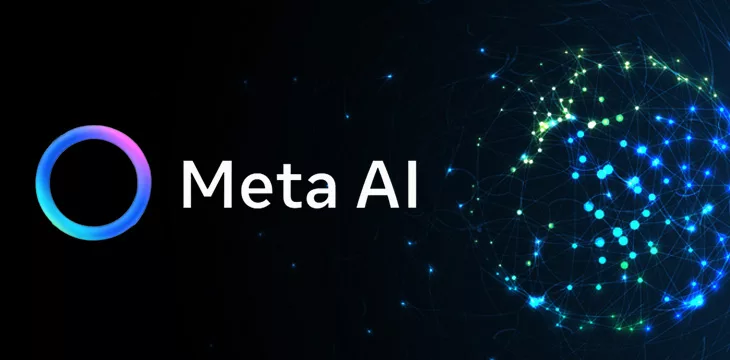
Subscribe to our free Newsletter
💌 Stay ahead with AI and receive:
✅ Access our Free Community and join 400K+ professionals learning AI
✅ 35% Discount for ChatNode
Welcome to The AI Report!
.png)

This Day in AI: A 2025 AI News Update
This Day in AI delivers daily insights on artificial intelligence breakthroughs, tech trends, and societal impact.


The AI landscape has reached a turning point where theoretical promise meets real business value. Enterprise AI adoption reached 78% globally in 2024, while generative AI use soared to 71% of organizations. Today's developments showcase this maturation from experimental technology to practical solutions delivering measurable impact, though significant implementation challenges remain.
Today's Major AI Breakthroughs and Industry Updates
OpenAI's Latest Development Push

GPT-5 Drives Enterprise Transformation
GPT-5's broad rollout continues as this week's most impactful development, with its unified text, image, and voice reasoning capabilities accelerating adoption across enterprise sectors. The model's "thinking mode" for advanced planning and error correction has established new industry benchmarks, though CIOs and enterprise leaders are closely evaluating the practical business impact and enterprise readiness.
What This Means: Organizations moving beyond pilots to production deployments are finding immediate value in GPT-5's enhanced tool usage and multi-step reasoning, particularly for complex workflow automation. However, only 25% of AI initiatives deliver expected ROI, highlighting the gap between adoption and successful scaling.
The deployment emphasizes practical business applications over theoretical demonstrations. Companies report productivity gains of 20-30% where AI has been successfully integrated, marking a significant shift from experimental use cases to robust, real-world integration.
API Enhancements Streamline Integration
New API features provide developers with sophisticated tools for building context-aware applications that integrate multimodal inputs seamlessly. These updates focus on streamlining integration processes while offering expanded customization options meeting diverse organizational security requirements.
Google's Competitive Response

Gemini 2.5 Expands Capabilities
Google's Gemini 2.5 model family demonstrates improved accuracy in handling both textual and non-textual data processing. Enhanced context management allows processing longer, more complex prompts while maintaining consistent output reliability. Performance evaluations show significant progress in multi-hop reasoning and factual consistency, with notable reductions in hallucination rates.
Microsoft Strengthens Enterprise Position

Azure AI Receives Major Upgrades
Microsoft's Azure AI services are receiving substantial upgrades focused on faster inference and enhanced scalability within existing cloud infrastructure. The updates prioritize enterprise security and compliance requirements while ensuring seamless connectivity with Microsoft's productivity ecosystem.
The refined Copilot experience delivers deeper integration across productivity suites, offering contextually aware suggestions and adaptive learning from user interactions. Natural language command support has been enhanced to make AI-powered assistance more intuitive for everyday business operations.
Emerging Technologies Shape the Future

Multimodal AI Reaches New Heights
Visual AI capabilities are achieving unprecedented sophistication, with systems combining visual and textual inputs more seamlessly than ever. These advances drive innovative applications across design, marketing, and accessibility.
Meta has announced its "Personal Super Intelligence" Initiative, launching a new AI lab focused on developing highly personalized, multimodal agents. As leading AI expert Yann LeCun states, "Generative AI and LLMs will soon be obsolete. Advanced machine intelligence (AMI) that can reason, plan and understand the physical world" represents the next breakthrough.
Voice synthesis technologies are achieving remarkable realism and expressiveness with multilingual capabilities understanding context, emotion, and intent. Apple's reported preparations for a next-generation visual Siri interface promise richer multimodal interaction including image and live video analysis.
Autonomous Agent Development Accelerates
The adoption of Model Context Protocol enables more flexible, interoperable AI agent architectures that can collaborate across diverse platforms. The DeepCogito v2 model was released as an open-source system improving logical reasoning, abstract reasoning, and long-term task planning capabilities.
Potential Challenges: Despite progress, autonomous systems face significant hurdles including reliability concerns, regulatory uncertainty, and the need for extensive human oversight. Organizations must balance innovation with risk management as these technologies mature.
AI Investment Reaches Record Levels

Funding Surge Continues
The AI sector's investment momentum reflects unprecedented market confidence. Global venture capital funding for AI exceeded $100 billion in 2024, an increase of more than 80% over 2023. AI startups captured 46.4% of total U.S. venture capital raised in 2024, the highest sector share in a decade.
Galaxy secured a $1.4 billion project financing facility to accelerate development of the Helios AI datacenter in Texas, set to become one of the world's largest AI computing campuses.
Market Growth Projections
The global AI market reached $638.23 billion in 2024 and is projected to grow to $3.68 trillion by 2034. AI accelerators are anticipated to grow by $171.21 billion from 2024 to 2029, reflecting a 44.1% CAGR driven by hyperscale integration and generative AI computation needs.
Enterprise Adoption Milestones
49% of technology leaders say AI is fully integrated into core business strategy, while a third have embedded it deeply into products and services. Leading HR tech firms are leveraging AI tools to redefine executive recruitment, while Qatar Airways partnered with Accenture to implement "AI Skyways," a comprehensive AI initiative enhancing operational efficiency and personalizing business travel experiences.
Implementation Reality Check: Despite high adoption rates, fewer than 20% of AI initiatives are fully scaled, largely due to integration challenges and organizational readiness gaps.
Technical Breakthroughs and Research
Healthcare AI Advances

MIT researchers introduced COMET, an AI model leveraging transformer architecture to design nanoparticles for more efficient RNA vaccine and therapy delivery. Unlike traditional approaches, COMET learns interactions between multiple chemicals in lipid nanoparticles, leading to superior formulations.
UC San Diego researchers developed a model that mimics radiologists' selective focus, enabling AI to interpret medical images with minimal data while performing competitively in diagnosing tumors and lung conditions.
Hardware and Infrastructure
NVIDIA announced Cosmos Reason, a 7-billion-parameter vision-language model designed to give AI agents and robots human-like physical understanding and memory. This model will integrate with open-source robotics platforms, enabling more advanced autonomous vehicles and robots.
Intel introduced LLM-Scaler 1.0, enabling multi-GPU scaling and improved memory management for large language model inference on Intel Arc chips, aiming to close performance gaps with NVIDIA in AI hardware capabilities.
Strategic Implications for Business Leaders
Immediate Implementation Opportunities
Organizations face compelling opportunities to leverage enhanced AI capabilities for automation, personalization, and advanced analytics. The latest tools and APIs significantly lower technical barriers for integrating sophisticated AI into existing products and workflows.
What This Means: Companies should prioritize pilot projects that demonstrate tangible value while building organizational capabilities for broader deployment. 74% of organizations report that generative AI investments have met or exceeded expectations.
Cost and ROI Realities
Updated analyses indicate substantial potential returns from AI investments, though outcomes vary significantly based on implementation quality and organizational readiness. Cost considerations extend beyond initial deployment to include maintenance, scaling, and compliance requirements.
Key Challenge: 92% of companies plan to increase AI investment by 2027, yet the ROI scaling challenge remains significant, requiring clear metrics and regular review processes.
Regulatory Considerations
Policymakers are intensifying focus on AI governance, with new guidelines emerging around transparency, safety, and ethical use. The regulatory environment continues evolving to address data privacy, algorithmic bias, and accountability concerns.
Looking Ahead: Market Dynamics and Opportunities

Workforce Transformation
By 2025, approximately 97 million people will work in the AI sector globally, reflecting both market expansion and increased organizational adoption.
Technology Evolution
As Geoffrey Hinton continues to advocate for responsible AI development while emphasizing the transformative potential of deep learning advances, the industry moves toward more sophisticated reasoning and planning capabilities.
Upcoming Catalysts
The AAAI Symposium on Quantum Information & Machine Learning brings together research on quantum algorithms applied to machine learning tasks. These hybrid quantum-classical AI systems show promise for scaling AI to new problem domains.
What This Means: This day in AI represents more than incremental progress. It signals a fundamental shift toward practical, scalable AI solutions delivering measurable business impact. Organizations that act strategically to evaluate and implement these emerging capabilities while addressing implementation challenges will position themselves advantageously in tomorrow's AI-driven economy.
The path forward requires balancing innovation with pragmatic execution, ensuring that AI investments translate into sustainable competitive advantages rather than experimental showcases.


.png)
.png)
.png)
.png)
.png)
.png)
.png)
.png)
.png)
.png)
.png)
.png)
.png)
.png)
.png)
.png)
.png)






.png)





